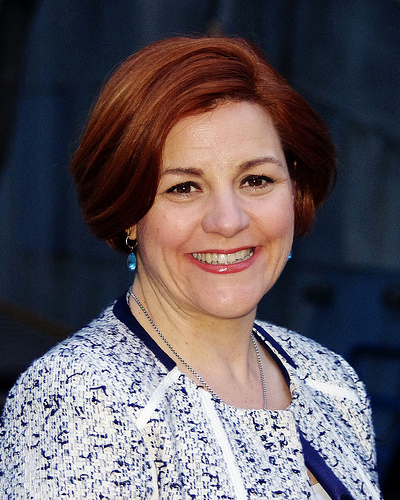Just hours before her final State of the City address today, City Council Speaker Christine Quinn released a report on the challenges facing middle-class New Yorkers. But her vision has a conspicuous blind spot: the transportation costs consuming more than one in ten dollars of the average NYC household budget.

Quinn's report talks a lot about housing policy, but if she is serious about making New York an affordable place, she can't ignore the other half of the equation by failing to mention transit and the city's role in ensuring that it remains affordable.
The average NYC household spends 12 percent of its income on transportation, according to the Center for Neighborhood Technology's Housing and Transportation Affordability Index. That's 5.5 percentage points lower than the regional average, due in large part to the city's robust transit network.
But transit fares have gone up in four of the last five years, and the added costs hit New Yorkers who have no other options the hardest. And City Hall is still a powerful bully pulpit from which to tackle New York's transit funding problems, even if the mayor doesn't have direct control of the MTA.
Additionally, the mayoral candidates could land a one-two punch against household budget busters by linking housing and transportation policy. The Department of City Planning's move to eliminate parking requirements for affordable housing developments, for instance, will help drive down the cost of some new housing. There's an opportunity for the next mayor to extend these cost-saving measures to all apartments and houses.
Even if Quinn doesn't have the stomach to talk parking policy in an election year, attention to bread-and-butter transit issues -- like getting the buses to run on time -- could go a long way with voters who put up with long commutes. So far, though, Quinn has stayed true to form and ignored the transportation concerns of transit-riding New Yorkers yet again.





